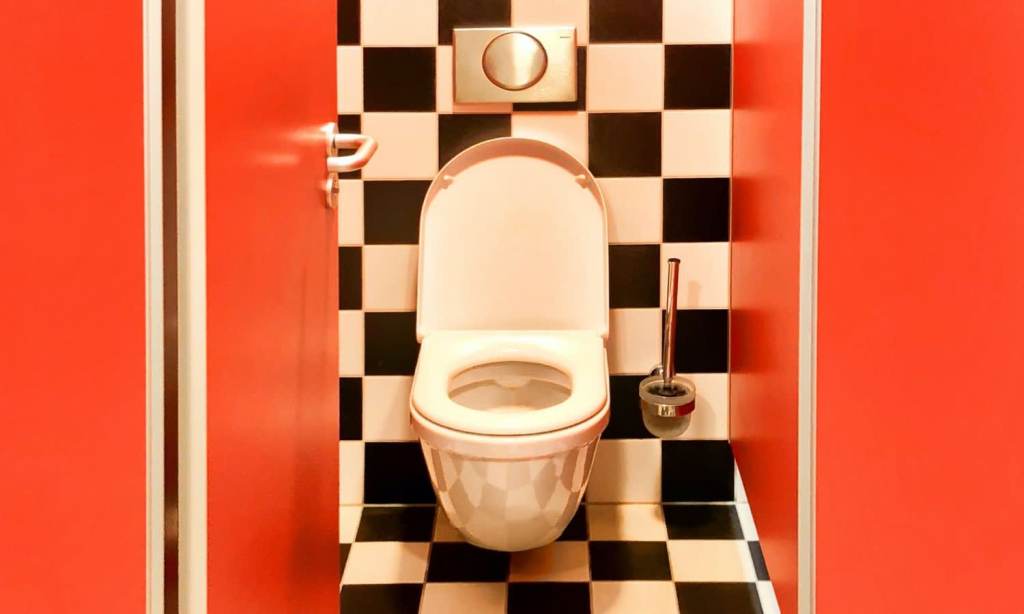In 2019, Australia’s consumer watchdog, the Australian Competition and Consumer Commission (ACCC), took personal care brand Kimberly-Clark to Federal Court to contest that its line of moist towelettes, which were advertised as flushable, were in fact, not flushable.
As reported by the ABC, the ACCC lost the original case and as of last night, also lost the appeal against the ruling.
According to Sydney Water and despite this unfavourable outcome for the ACCC, the original court case does have merit with 75% of sewer blockages caused by flushed wet wipes.
In the original hearing, Judge Gleeson said that it wasn’t possible to pinpoint whether Kimberly-Clark’s Kleenex Flushable Wipes were responsible for blockages, which would make them un-flushable, the ABC reported at the time. This is where the issue with moist wipes lie: once a wipe is flushed, it isn’t able to be identified as to which brand it belongs to.
While the use of moist wipes and towelettes is necessary for many people, Sydney Water encourages users to dispose of them in the rubbish rather than in the toilet.
“Like water utilities around the world, we are having an increasing issue with wet wipes in our wastewater system,” the Sydney Water website reads. “London, New York and all Australian water utilities are facing the same problem.
“Flushed wet wipes can block pipes, which can lead to sewage overflows into homes or creeks. It’s likely they can block your sewer pipes leading to a costly plumbing bill. You can avoid this all.”
According to Mainline Plumbing, a company based in Bunbury, WA, removing large clumps of baby wipes or moist towelettes is an extremely labour intensive process, which means it costs big bucks.
It’s also an environmental hazard, as wipes are much stronger than toilet paper and aren’t designed to breakdown quickly.
“The chemicals used in the manufacture of these wipes contributes to water pollution and the fibrous paper itself simply adds to waste product in our wastewater system,” says Mainline Plumbing. “If these wipes aren’t removed in treatment facilities, they are flushed out to oceans and creeks, causing major environmental hazards.”
The ABC has also identified another issue related to the flushing of wipes: fatbergs.
While these are generally created from the build-up of cooking oils and fats that coagulate in sewers, wipes can also get caught up in the fatberg and contribute to the problem. If you haven’t seen a fatberg before, Google it and you’ll never flush a wet wipe again.
So, while the package of your moist towelettes might say it can be flushed, please don’t flush them. Same goes for baby wipes, makeup wipes and antibacterial wipes — pop them straight in the bin after use.







